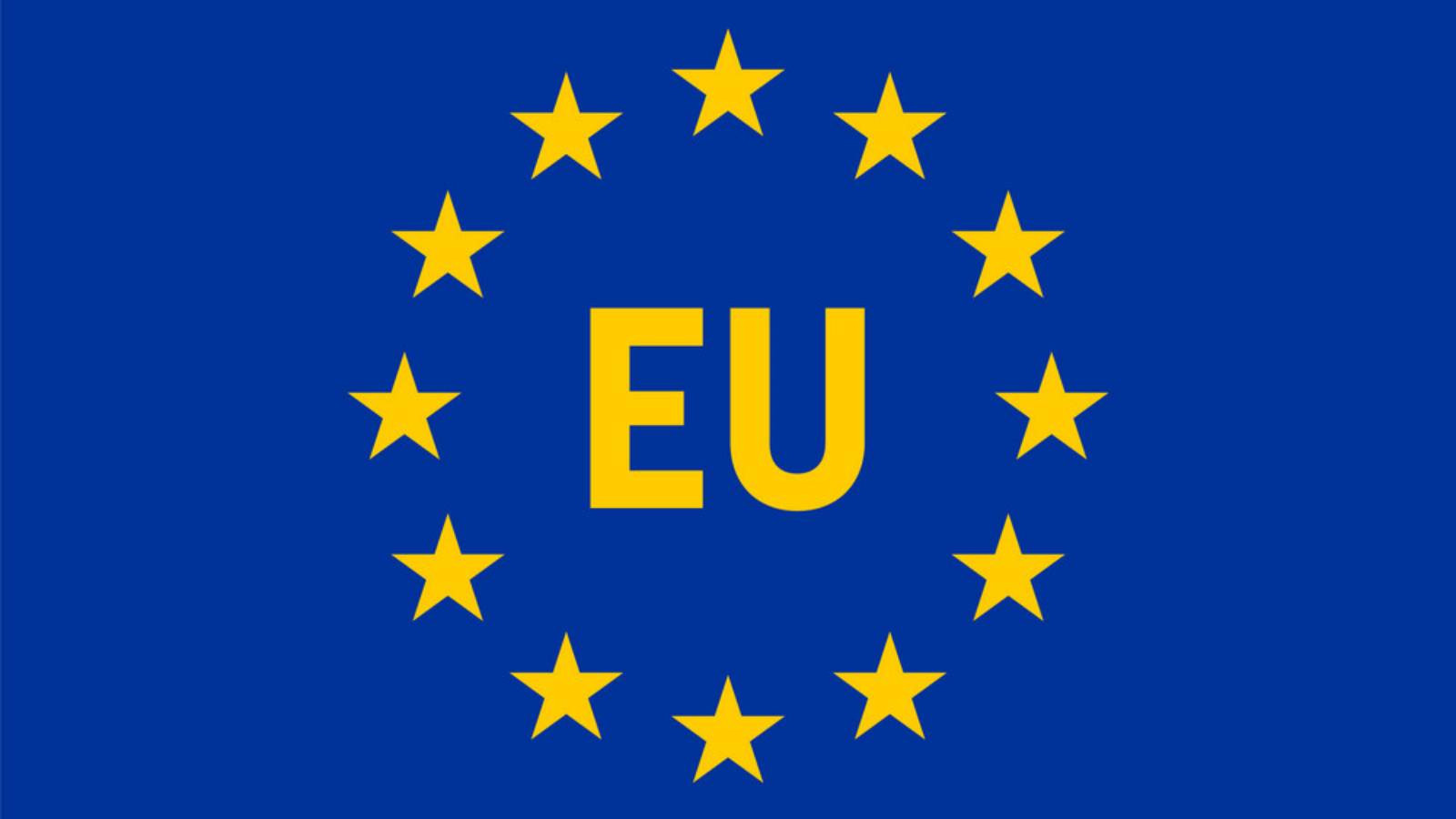The European Commission has officially announced a plan by which it intends to criminalize the violation of the sanctions that have been imposed against Russia until now, and the action targets both private individuals and companies that do this.
The European Commission is taking these measures to further reduce the actions by which some entities, or persons, in Europe violate the sanctions imposed against Russia, and help the invading country to financially support its actions that it has been undertaking non-stop for some time.
The implementation of EU restrictive measures following the Russian attack on Ukraine shows the complexity of identifying assets held by oligarchs, who hide them in different jurisdictions through elaborate legal and financial structures.
The proposed directive will set the same level of penalties in all member states. It will thus close existing legal loopholes and increase the deterrent effect of breaching EU sanctions in the first place. The main elements of the proposal include:
A list of offences, which breach EU sanctions, such as:
- making funds or economic resources available to or for the benefit of a designated person, entity or body;
- non-freezing of these funds;
- to allow the entry of designated persons into the territory of a member state or their transit through the territory of a member state;
- entering into transactions with third countries, which are prohibited or restricted by EU restrictive measures;
- trade in goods or services whose import, export, sale, purchase, transfer, transit or transport is prohibited or restricted;
- providing financial activities that are prohibited or restricted; or providing other services that are prohibited or restricted, such as legal advisory services, trust services and tax advisory services.
The offenses will cover the circumvention of an EU restrictive measure: this means circumventing or attempting to circumvent restrictive measures by concealing funds or concealing the fact that a person is the ultimate owner of funds.
Common Core Sentencing Standards: Depending on the offence, the individual may be liable to a maximum sentence of at least five years in prison; companies could be liable to penalties of at least 5% of the total global turnover of the legal entity (company) in the business year preceding the fine decision.
The violation of EU sanctions against Russia won't pay off.
We've put forward a proposal to criminalize the evasion of EU restrictive measures.
It will make it easier to investigate, prosecute and punish violations of sanctions in all EU countries.#StandWithUkraine
- European Commission 🇪🇺 (@EU_Commission) December 4, 2022








